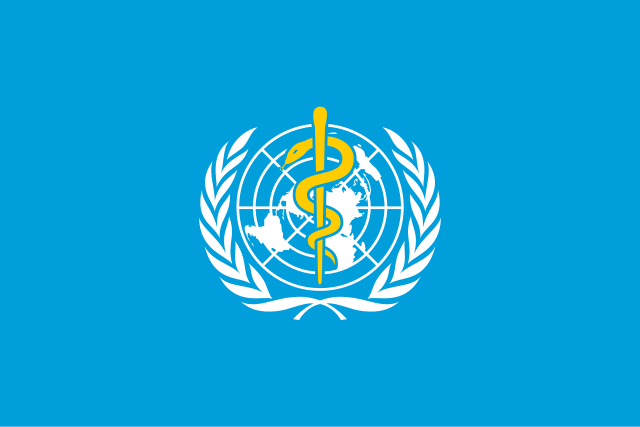Cholera, an acute intestinal infection spread through contaminated food and water, is preventable and easily treatable. However, it disproportionately affects communities with limited access to sanitation. The WHO attributes the increase in cholera outbreaks to a combination of factors including conflict, climate change, inadequate access to safe water and sanitation, poverty, underdevelopment, and displacement caused by both emerging conflicts and natural disasters.
The geographical distribution of cholera has shifted notably from 2022 to 2023. The Middle East and Asia experienced a 32 percent decrease in reported cases, while Africa saw a staggering 125 percent increase. This shift highlights the changing patterns of cholera transmission and the growing impact on different regions.
For the first time, multiple countries reported “community deaths,” which occur outside of health facilities. In five of the 13 countries that reported cholera deaths, over a third of fatalities happened in the community. This situation underscores serious gaps in access to treatment and highlights the urgent need to improve response mechanisms.
Among the most affected regions, Afghanistan reported the highest number of cholera cases with 222,249. Other countries, including the Democratic Republic of the Congo, Malawi, Mozambique, and Haiti, also faced significant outbreaks, each exceeding 30,000 cases.
The cholera crisis extends into 2024, with 22 countries currently reporting active outbreaks. Preliminary data suggests that the number of cases reported so far this year is lower than at the same time last year. Despite the challenges posed by limited vaccine supplies, a record 35 million doses of oral cholera vaccines were distributed last year. The one-dose vaccination strategy was employed to reach and protect more individuals given the constraints in vaccine availability.
While vaccination plays a crucial role in controlling cholera outbreaks, the WHO emphasizes that the only long-term solutions to end and prevent cholera are safe drinking water, improved sanitation, and hygiene. The organization is working with urgency to reduce deaths and contain outbreaks globally. This includes strengthening public health surveillance, enhancing case management, and providing essential medical supplies.
In summary, the global cholera crisis has worsened significantly in 2023, reflecting the need for sustained efforts in both immediate response and long-term prevention strategies. The WHO continues to support affected countries in combating this disease and mitigating its impact on vulnerable populations.
